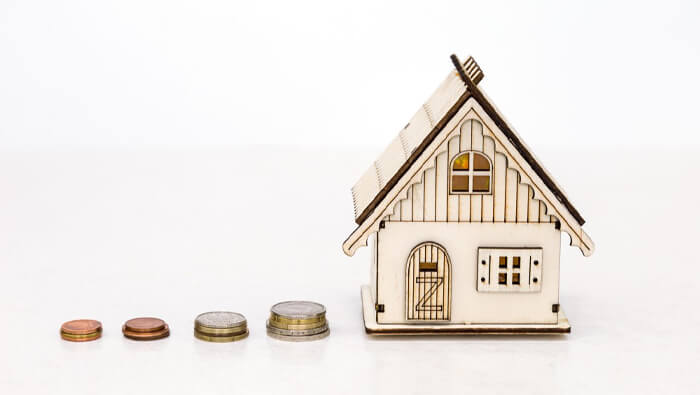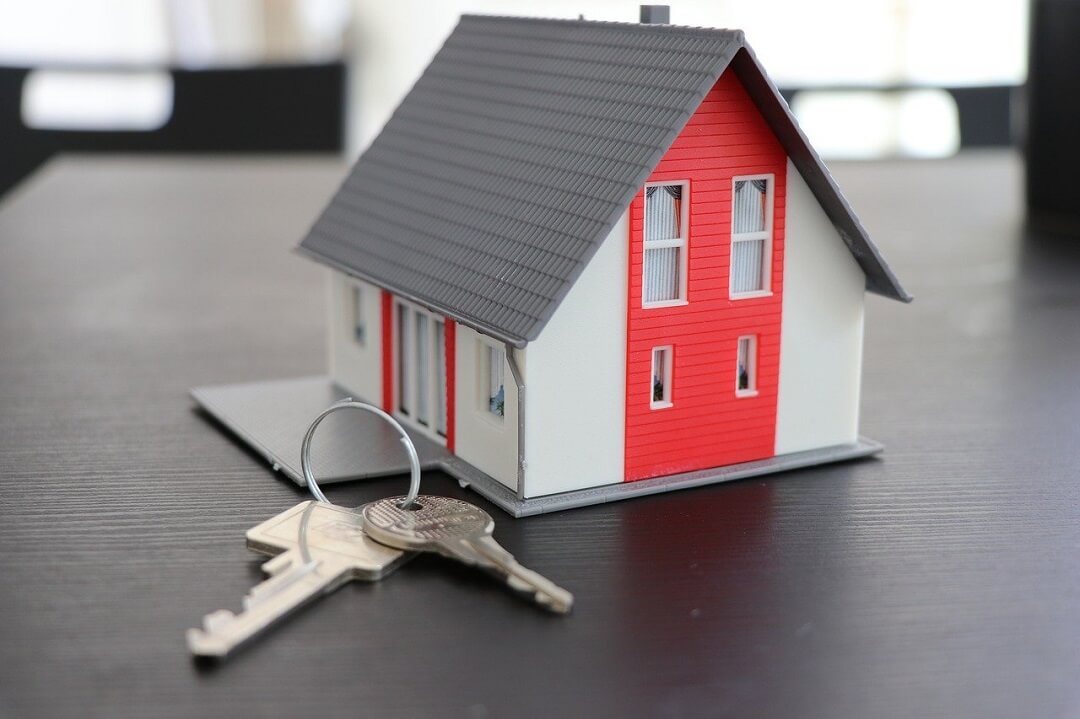Buying a house is one of the biggest, most exciting, and perhaps most stressful decisions you’ll ever make in your lifetime. It’s a huge commitment — physically, mentally, and especially financially. Adding to the stress is the fact that the costs of buying a home aren’t at all as straightforward as the listing price. That lovely 3-bedroom home you’ve fallen in love with doesn’t cost just $300,000. You’ll need to budget for a down payment, closing expenses, taxes, and insurance, as well as the general living and maintenance costs that follow.
Key takeaways
-
Buying a house requires a lot of upfront costs beyond the purchase price, including a down payment and closing costs.
Down payments are usually 20% of the total price, but some loans require less or no down payment.
Closing costs are typically 2-5% of the purchase price and include fees from lenders and third-party services.
Ongoing expenses include monthly mortgage payments, property taxes, homeowners insurance, maintenance and utilities, and HOA fees.
Preparation is key to buying a home, and researching options and investing in financial health can help in making a confident decision.
One-time expenses for buying a home
If you have enough cash to pay for a house in full, that’s pretty incredible! However, for most of us, we’ll be depending upon a mortgage. Beyond the monthly mortgage payments, however, there are two significant one-time expenses you will also be expected to cover: the down payment and the closing costs, as well as a few other one-time expenses.
The basics of the down payment
The down payment is a set portion of the total price that you will pay upfront in cash. The industry standard is 20% but VA loans require significantly lower down payments. Some VA mortgage loans offer 0% down programs, eliminating this expense completely.
The closing costs
Closing costs are the lender and third-party fees that are due before the transaction is signed and sealed. Typically, you can expect these to be in the range of 2-5% of the purchase price, but they’re more challenging to determine in advance because there are so many variables. A few factors include the lender and type of mortgage, the location, the real estate professionals’ fees, credit report fees, the application fee, title search, title insurance, and underwriting fees, and more.
While you can negotiate to have either you, the seller or the lender cover the closing costs, like the down payment, the more you pay upfront, the less you’ll pay monthly in the long term. In some cases, the closing costs can be rolled into the home mortgage.
Additional expenses
Yes, there are more. While the down payment and the closing costs are the two main and significant one-time expenses in buying a house, there are a few others to consider.
Appraisals and home inspections
A lender will typically require you to determine the value and condition of the home before finalizing the loan, and you’ll want to as well. It’s much better to pay now than to discover a not-so-fun and expensive surprise after the sale.
Moving costs
Depending on whether you’re moving across town or from a new state, this is a hugely variable cost to weigh.
How much money do I need to buy a house in total for these one-time costs?
Let’s use our example of a $300,000 home. Typically, you’ll need 20% ($60,000) for the down payment, 5% for the closing costs ($15,000), roughly $3,000 for the appraisal, inspection, and extra prepaid expenses. The costs truly add up, and quickly.
But don’t be discouraged by all of these expenses. There’s hope to be found in way of certain programs, such as the Hero Home Programs™. Future homeowners can save thousands of dollars when they use these customized services.
Recurring expenses when you buy a home
On top of the one-time expenses that you’ll encounter in the home buying process, you’ll also want to consider long-term ongoing expenses including your monthly mortgage, taxes, and maintenance of the home. As the homeowner, you’ll be responsible from here on out to overseeing the property.
Mortgage payment
The mortgage payment is the monthly amount covering the principal and interest of the loan. It’ll be determined by the rate offered by your lender and the duration of the loan.
Property taxes
For this, you’ll want help from your lender, as property taxes vary by state and also by county. They’re also not set at a fixed rate, so it could very well vary over time. Many mortgages roll this expense into your monthly payment, but some do not.
Homeowners insurance
Homeowners insurance essentially covers your home from any unforeseen disasters, vandalism, break-ins, etc. The price of this insurance will vary depending on a number of factors, such as the location, and the age and condition of the house. The average homeowner’s insurance policy is about $2,000 annually.
Maintenance and utilities
This should be a no surprise expense. Just as when you’re a renter, you have your monthly fees that cover water, gas, electricity, and wifi. You may also prefer to hire help to care for your yard or any general maintenance projects.
Homeowners association (HOA) fees
Some neighborhoods have a Homeowners Association and many of these associations have fees. These fees go towards helping make the community look nice and may include extra amenity expenses such as landscaping, trash removal, a community pool or park, and more. You will want to know what your fees are, how they are paid (monthly, yearly, etc), and what the fee includes.
How should I prepare to buy a house?
Buying a home is a significant life step and a sizeable financial commitment and the best way to feel confident in your decision is to prepare. The better you understand your options and the more you invest in your financial health in advance, the better off you’ll be.
Check your credit
This is going to be a crucial factor impacting the rate lenders will offer you for your mortgage. Lenders will definitely be checking it to determine how creditworthy you are – and whether you will be an asset or a risk to take on. You can check your score for free once each year from Equifax, Experian, and TransUnion.
Determine your Budget
Get your excel sheet open and realistically map out what your financial picture looks like, detailing your anticipated spending, debt, and your saving funds. Keep it in mind that it is generally recommended that you spend no more than 25-30% of your gross income on housing.
Save for your down payment
Again, the more you can feasibly put towards this will benefit you immensely in the long run. The minimum you’ll need for a down payment will vary from person to person, however, you’ll be in a much better position – and likely able to avoid paying additional private mortgage insurance – with a higher down payment.
Search for a reliable lender
Before you shop for your house, shop for your lender. You’ll want to get quotes from at least three, to give you a much clearer picture of what dream homes are actually available within your means. There are many programs available that can assist with lining you up with the best lenders in your area.
Take advantage of Hero Home Programs
There is a real estate rebate program for heroes that protect and serve our communities. You may qualify for assistance and savings if you are a firefighter, EMS, military member, health care provider, or teacher.
Participants in the Hero Home Program often save thousands of dollars through local grants, rebates, and programs. HHP Specialists work to create a customized home buying solution. It is not a government program but is able to connect those who qualify with government agencies. This program is designed to reward Heros for their services and they work tirelessly to provide that reward to the highest degree possible.
Looking ahead to your new home
Buying a home is hugely rewarding. However, be sure to take the time to build your budget and understand a realistic picture of the upfront and ongoing expenses you’ll have to cover. At the end of the day, you want this to be a financial opportunity, not a burden. Request a consultation today!
Happy House Hunting!














